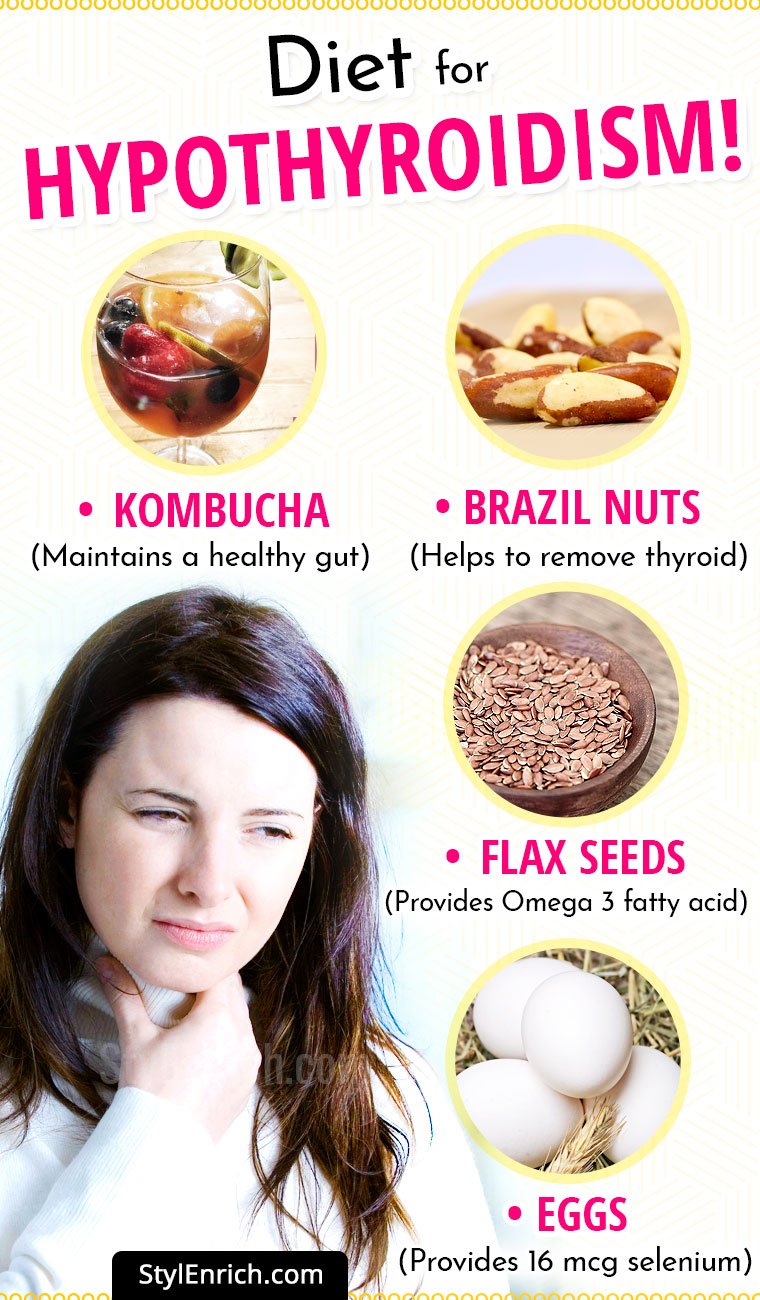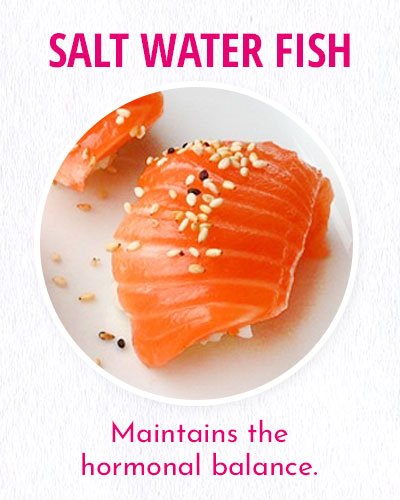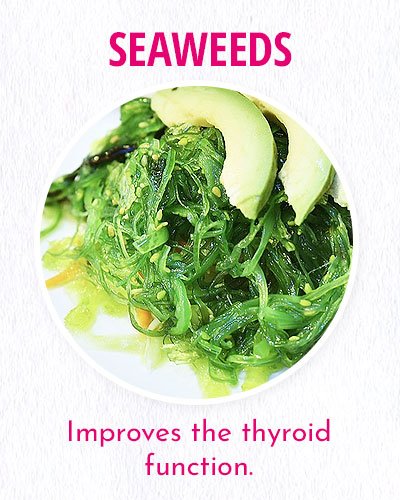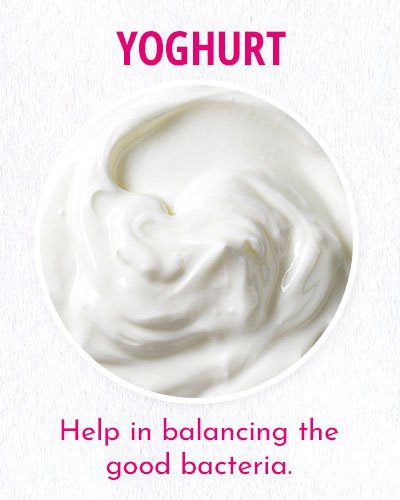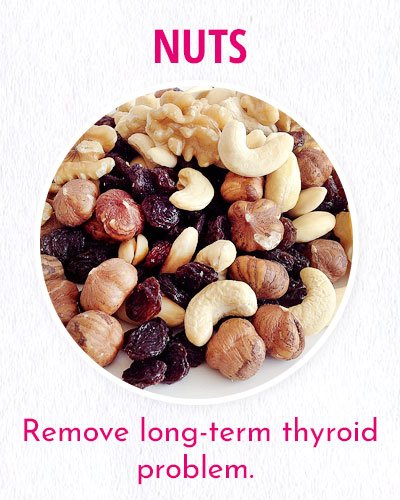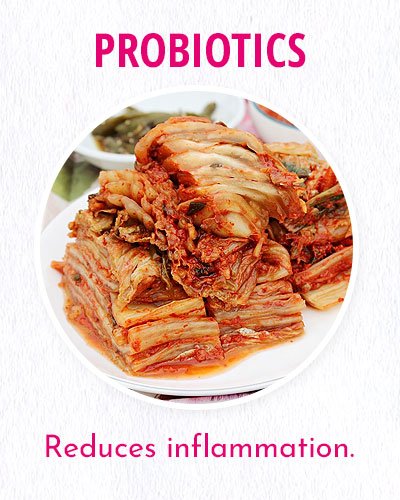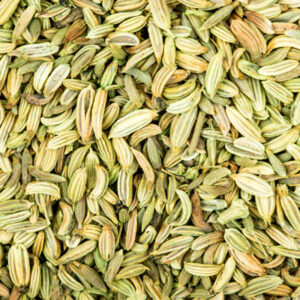- Hypothyroidism is also called underactive thyroid or low thyroid which occurs due to the thyroid gland not able to produce much thyroid hormone.
- There may be a swelling in the front part of the neck called goiter. Other symptoms are less able to tolerate cold, weight gain, depression, extreme weakness.
- Too little iodine in the diet or People suffering from Hashimoto’s thyroiditis may be the common cause of hypothyroidism.
- Diet plays a role wherein you can maintain the weight and improve the hormonal balance.
“I gained weight due to hypothyroidism”. This is the common dialogue or rather one of the common reasons for gaining weight. Hypothyroidism is a kind of condition which can be quite tricky to manage as the food can also interfere with the treatment. Hypothyroidism is a condition in which the body cannot produce much of thyroid hormones. Thyroid hormone helps in controlling the growth, metabolism, and repair of the body. Hence people suffering from hypothyroidism suffer from hair loss, weight gain, extreme tiredness, feeling cold and down and other symptoms. About 1 to 2 % of people suffer from hypothyroidism and it generally affects the women more than the men. Along with food, medicines are also essential for reducing the symptoms and restoring the thyroid function.
Before we understand what foods are essential for hypothyroidism, it is necessary to understand what happens during hypothyroidism.
What Happens During Hypothyroidism?
The thyroid is the butterfly-shaped gland in front of the neck that helps in producing hormones that help in using energy in your body. A low level of thyroid hormone creates havoc by affecting our body. It makes you feel tired and weak and if hypothyroidism happens during pregnancy, then it can also cause harm to the baby. Hypothyroidism can also raise the cholesterol levels. Hence medication helps in treating hypothyroidism and can make you feel healthy again. Hypothyroidism can affect people of any age; however, it affects the older adults, especially the women. Even hereditary is also one of the main causes of hypothyroidism.
One of the main causes of hypothyroidism is Hashimoto’s thyroiditis wherein the body’s immune system attacks the thyroid tissues. As a result of this, the thyroid gland is not able to produce much thyroid hormone. Other causes of hypothyroidism are radiation therapy in the neck area like in the case of lymphoma that requires the radiation in the neck area. This radiation can damage the thyroid cells. Even certain medicines like those used to treat the heart or psychiatric conditions can affect the production of thyroid hormones. If there is very little iodine in the diet then it can result in hypothyroidism. Iodine is essential to produce the thyroid hormone from the thyroid but our body cannot make iodine, hence we need to depend on the diet for our supply of iodine. Iodized salt in the rich source of iodine, apart from this shellfish, seaweed, saltwater fish and eggs also contain iodine.
Who Are At The Risk Of Hypothyroidism?
Women, especially once she starts aging, are more at risk than men. Hypothyroidism also occurs in people who have a family history of the autoimmune disorder. Other risk factors include race, age and having autoimmune disorders like type 1 diabetes, metabolic sclerosis or Addison’s disease.
Symptoms Of Hypothyroidism
Symptoms of thyroid condition may not be specific to that condition that is:
- Mood changes
- Fatigue
- Weight gain and difficulty in losing weight.
- Slow heart rate
- Constipation
- Menstrual changes
- Depression
- Swelling of thyroid gland
- Dry skin.
If you experience any of these symptoms frequently, then it is necessary to visit a health care professional for further treatment.
Diet For Hypothyroidism
Hypothyroidism occurs due to insufficient intake of iodine and selenium and hence the first step towards treating hypothyroidism is correcting these deficiencies. For a good thyroid health, an average adult requires 150mcg of iodine and 55 mcg of selenium per day.
Hence diet For hypothyroidism that needs to be considered are:
1. Salt Water Fish
Saltwater fish like cod, salmon, and tuna contains the good amount of iodine. These fishes are the easily available source of iodine, hence having cod fish everyday help in meeting the daily allowances of iodine. Tuna has been a good option for improving the thyroid health. About 85 g of tuna canned in oil can provide up to 11% of iodine per day and also up to 32 to 110 mcg of selenium making it necessary for better thyroid health. Apart from this, these fishes provide Omega 3 fatty acids like EPA and DHA that can help in maintaining the hormonal balance and thyroid function. Maintaining a healthy balance of Omega 3 to Omega 6 fats help in reducing the inflammation and better neurological function.
2. Seaweeds
Seaweeds in our diet have always been an enigma to many cuisines. Adding seaweeds like kelp and other varieties into your diet may help in improving the thyroid function and reducing the symptoms of mild hypothyroidism. Seaweeds are a group of marine plants made from algae that draw the nutrients from the sea especially the weeds formed from brown algae rather than from red and green algae. Seaweeds are rich in iodine and selenium, the two nutrients essential for thyroid hormone production. The highest iodine source is Icelandic kelp whereas kombu, arame, and hijiki are also the good sources of iodine. Cuisines are prepared by using kelp flakes as seasoning whereas sushis are prepared using rice and shredded vegetables on nori leaf which can be dipped in sauces.
Seaweeds may contain many nutrients that are good for health but it also contains potassium in higher levels, where the excess of this mineral can result in heart arrhythmias, hence always consult a physician before adding seaweeds in your diet.
3. Yoghurt
Yogurt is the dietary food that can be a solution for thyroid problems. Yogurt is rich in Vitamin D, a nutrient, if not achieved enough, can put you at risk of thyroid diseases and obesity. About 90 percent of people suffering from Hashimoto’s thyroiditis are deficient in Vitamin D. This immune-boosting and anti-inflammatory properties of Vitamin D protects the thyroid. Apart from this, yogurt is also good in probiotics that can help in balancing the good bacteria in the gut that is out of control if you have thyroid disturbances.
4. Eggs
Eggs may not be considered as a simple thyroid supporting nutrient but it consists of certain nutrients that are essential for thyroid functioning. Tyrosine is that amino acid that is essential to prepare two important thyroid hormones called triiodothyronine and thyroxin. Tyrosine is available from protein rich sources and also is produced in the body from phenylalanine. You will gain 0.5 grams of tyrosine and 0.7grams of phenylalanine by eating two eggs. One egg provides about 12 microgram of iodine which is up to 8 percent of the daily need. Selenium is also essential for regulating the thyroid hormone. Eggs provide up to 16 micrograms of selenium, which adds up to 29% of selenium need.
5. Nuts
Nuts like macadamia nuts, Brazil nuts and hazelnuts are rich in selenium, which is essential for the conversion of T4 to T3. Nuts especially Brazil nuts help to remove off the long-term thyroid problems caused by thyroid condition like the Hashimoto’s and the Graves. A kernel of nut provides up to 96 microgram of selenium which is almost double of daily allowances of selenium. However it is necessary to know that do not overdo with the nuts intake as it is also rich in fats and to get that little selenium, you may need to go a long way.
6. Seeds
Flax, hemp, and chia seeds provide Omega 3 fatty acids that are essential for hormonal balance and maintaining the brain function. If there is the adequate amount of healthy fat in the hypothyroidism diet, it helps in improving the mood as well as maintaining the healthy weight. Even the sprouted forms of these seeds help in maintaining the blood sugar levels and stay healthy.
7. Probiotics
Probiotics include kefir (a fermented dairy product), kombucha, kimchi, natto, and sauerkraut. Probiotics have been essential in maintaining a healthy gut environment and balances the microflora bacteria. This group is also essential to reduce leaky gut, nutritional deficiencies and inflammation.
Foods To Avoid During Hypothyroidism
If the addition of certain foods is mandatory during hypothyroidism, it is also necessary to know which food needs to be avoided to reduce the symptoms:
1. Goitrogen Foods
Eating a large number of raw vegetables from the Brassica family like broccoli, Cabbage, cauliflower, Brussels sprouts, kale needs to be avoided as these contain goitrogen molecules that can affect the thyroid function as it can impair thyroid peroxidase. Hence people should avoid having these foods. If very essential, then these vegetables can be steamed for 30 minutes and keep a moderate portion size.
2. Sugar
People suffering from hypothyroidism can find it difficult to reduce the gain in weight. Hence it is essential to avoid high sugar intake as it can lead to weight gain, hormonal imbalances, and fatigue and mood changes.
3. Refined Products
Just like high sugar intake, intake of refined foods can also interfere with the hormones and cause weight gain. Avoid products like bread, kinds of pasta, cereals and baked goods made of refined goods or at least cut down the portion size and choose 100% whole products and ancients foods like buckwheat or quinoa.
You don’t need to get depressed if you are detected with hypothyroidism. There are solutions to this problem. The healthcare personnel can always help and supervise you to control and triumph in this condition.
Read Next – Sweaty Palms and Feet or Hyperhidrosis – Amazing Natural Remedies To Cure Them!
